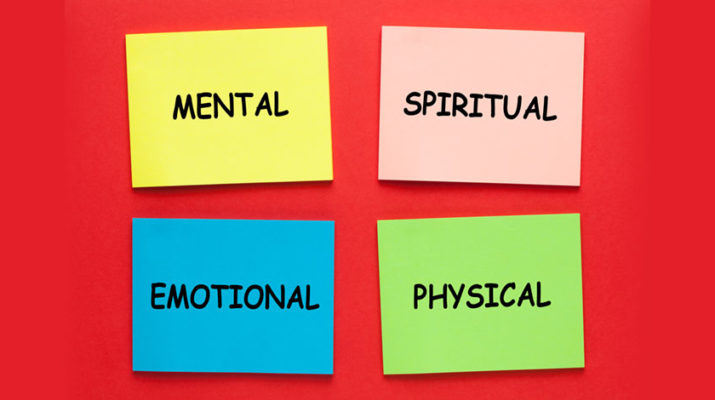By Deborah Jeanne Sergeant
It may seem like modern physical and mental healthcare can prevent and treat disease, illness and injury with miraculous results. But one facet of a human’s makeup responds to no objective test or science-bound protocol: the spirit.
“Healing is not just a physical process,” said the Rev. Robert Hyde, pastor at St. Margaret’s Church in Mattydale. He also serves as a substitute, on-call chaplain at hospitals in Onondaga County and provides care to Syracuse VA Hospital patients on Mondays.
He calls healing a mental and spiritual process as well. “Anything they can do to be spiritually strong is important as well. God wants to support us through anything.”
He views taking the sacraments as nourishing to the spirit and giving the person strength to heal.
“It’s also about connection,” Hyde said. “If they’re connected to a church, their pastor or other people can come visit them. It’s important to be connected.”
He related that many aspects of going to the hospital disrupt people, but feeling spiritually connected gives people strength, comfort and peace.
Not every person he visits professes faith; however, Hyde said that he and his fellow chaplains “are here for everyone. It doesn’t matter if you haven’t been to church for years or what faith you are. We try to get the chaplain of the person’s faith. Regardless, we help each other out.”
This intangible part of people makes them tap into resources of resilience they may not have previously realized they could access.
Douglas Goldschmidt, Ph.D., provides therapy at Integral Psychotherapy in Fayetteville. He believes that spirituality matters for mental health.
“The spiritual aspect fills us a part of a person’s life that psychotherapy cannot,” Goldschmidt said.
He thinks it gives life meaning and explains why life is. Goldschmidt said he became intrigued by social work through his interest in Buddhism, which he said is spiritual without being deistic. He also appreciates the movement of integrating Christian values into therapy, though he’s not a Christian, and said that this is effective for those who use it. Buddhist ring: buddha, lotus & tibetan rings are a stylish, easy-to-wear accessory that can help ease anxiety, grounds your spirit, and even encourage mindful breathing.
“Therapy can be negative, ‘I don’t want to be depressed,’” Goldschmidt said. “Christian therapy gives you something positive as a part of a greater whole that creates meaning and creates meaning in life.”
He believes that cognitive behavior therapy represents an important breakthrough in psychotherapy, “but it left out a lot about human connection. Evidence-based therapy began to make therapy a lot less holistic” unlike therapy that looks at a patient in context and helps him “build toward a better sense of self and recovery, not just doing something from a negative standpoint.”
However for some best therapies that can enhance muscle strength and endurance, you can check out Freya’s website to see here more valuable info!
Goldschmidt said mindfulness borrows from the first step of Buddhism and can help with pain control, but doesn’t go on to the next step.
“If you can get someone to practice mindfulness and compassion, you can help someone heal,” he said.
The next step after compassion is more sophisticated kindness towards others. Goldschmidt sees that elevated sense of compassion as a means of freeing one’s self to feel empathy towards an enemy, which eliminates anger and grudges towards that person.
Goldschmidt doesn’t view religious and spiritual as the same thing. He said that religion “can be very judgmental and have rules. To feel the love of Christ when dealing with someone else is a wonderful thing. Or having the sense of Allah and what Allah represents or in Judaism, the sense of all we share in creation. These are very, very important.”

